Exploring Frontiers of the Mind-Brain Relationship (2012)
$125.99
Description
The conscious mind defines human existence. Many consider the brain as a computer, and they attempt to explain consciousness as emerging at a critical, but unspecified, threshold level of complex computation among neurons. The brain-as-computer model, however, fails to account for phenomenal experience and portrays consciousness as an impotent, after-the-fact epiphenomenon lacking causal power. And the brain-as-computer concept precludes even the remotest possibility of spirituality. As described throughout the history of humankind, seemingly spiritual mental phenomena including transcendent states, near-death and out-of-body experiences, and past-life memories have in recent years been well documented and treated scientifically. In addition, the brain-as-computer approach has been challenged by advocates of quantum brain biology, who are possibly able to explain, scientifically, nonlocal, seemingly spiritual mental states.
Exploring Frontiers of the Mind-Brain Relationship argues against the purely physical analysis of consciousness and for a balanced psychobiological approach. This thought-provoking volume bridges philosophy of mind with science of mind to look empirically at transcendent phenomena, such as mystic states, near-death experiences and past-life memories, that have confounded scientists for decades. Representing disciplines ranging from philosophy and history to neuroimaging and physics, and boasting a panel of expert scientists and physicians, including Andrew Newberg, Peter Fenwick, Stuart Hameroff, Mario Beauregard, Deepak Chopra, and Chris Clarke the book rigorously follows several lines of inquiry into mind-brain controversies, challenging readers to form their own conclusions–or reconsider previous ones.Key coverage includes:
- Objections to reductionistic materialism from the philosophical and the scientific tradition.
- Phenomena and the mind-brain problem.
- The neurobiological correlates of meditation and mindfulness.
- The quantum soul, a view from physics.
- Clinical implications of end-of-life experiences.
- Mediumistic experience and the mind-brain relationship.
Exploring Frontiers of the Mind-Brain Relationship is essential reading for researchers and clinicians across many disciplines, including cognitive psychology, personality and social psychology, the neurosciences, neuropsychiatry, palliative care, philosophy, and quantum physics.
“This book … brings together some precious observations about the fundamental mystery of the nature of consciousness … It raises many questions that serve to invite each of us to be more aware of the uncertainty of our preconceptions about consciousness … This book on the frontiers of mind-body relationships is a scholarly embodiment of creative and open-minded science.”
C. Robert Cloninger, MD
Wallace Renard Professor of Psychiatry, Genetics, and Psychology,
Washington University School of Medicine
St. Louis MO
Editor: Moreira-Almeida, Alexander, Editor: Santana Santos, Franklin
Topic: Psychology
Media: Book
ISBN: 1461406463
Language: English
Pages: 243
Additional information
| Weight | 1.1 lbs |
|---|---|
| Dimensions | 9.2 × 6.1 × 0.8 in |


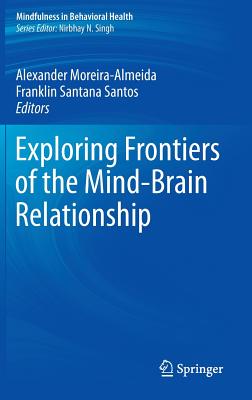


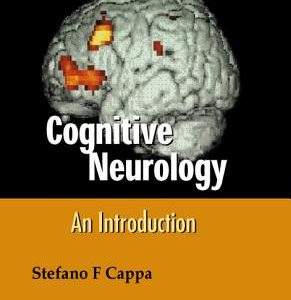
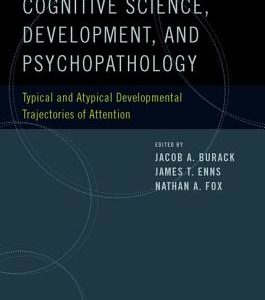




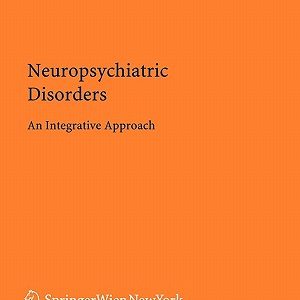
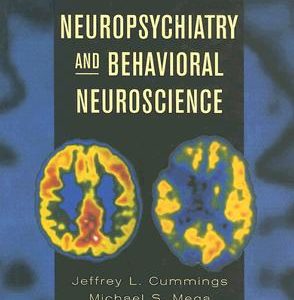
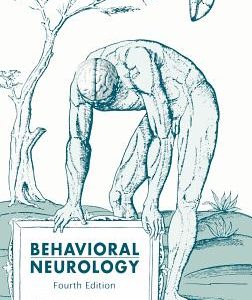
Reviews
There are no reviews yet.